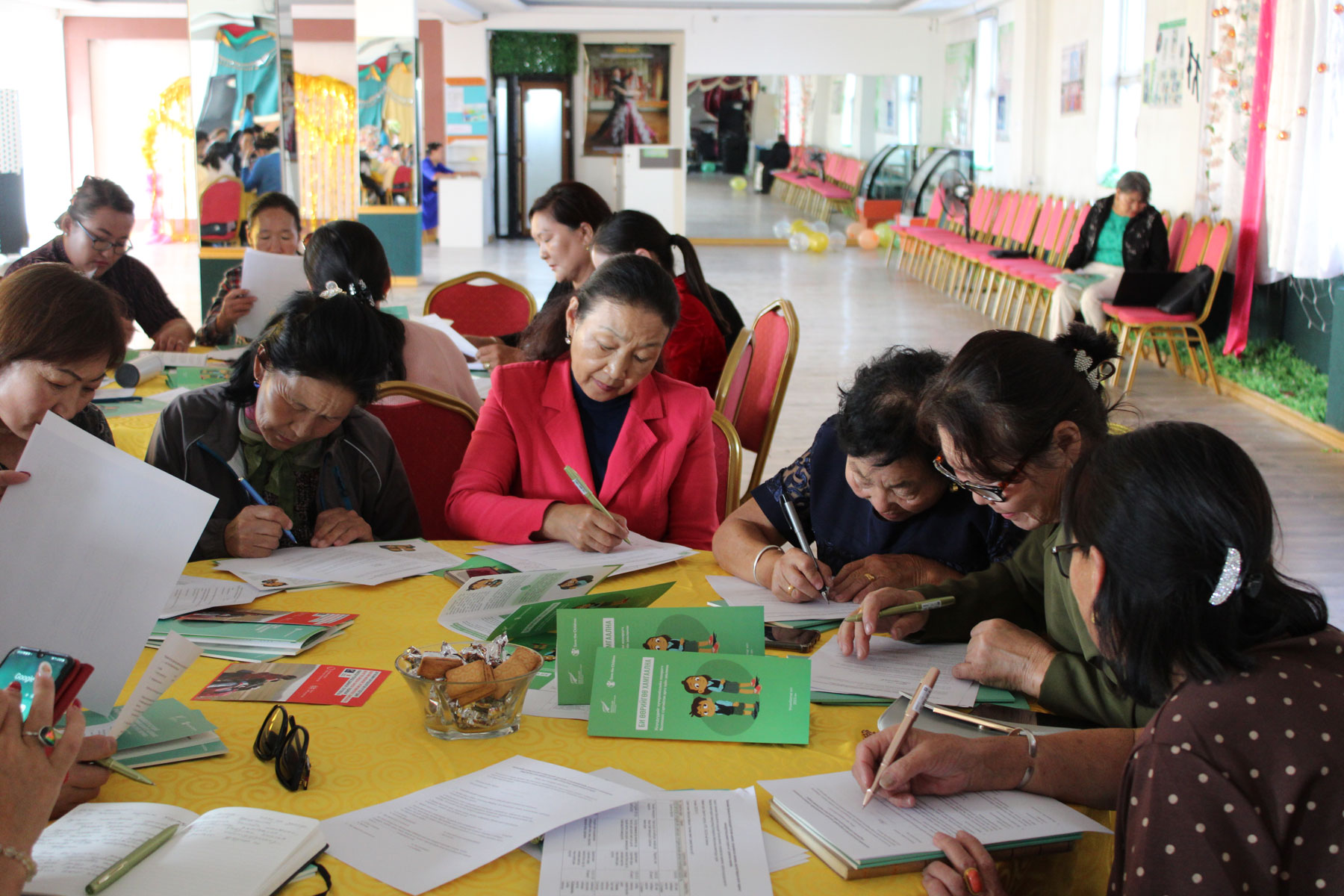Save the Children implements a project to safeguard children with disabilities

The “Supporting and safeguarding children with disabilities from sexual exploitation and abuse via educational programs” project financed by the New Zealand Embassy Fund is being implemented in Ulaanbaatar city and Uvurkhangai province in 2023-2024.
The Convention on the Rights of the Child and the Convention on the Rights of Persons with Disabilities states that all children with disabilities have the “right to the fullest possible development.” However, there is a lack of access to protection, information, and psychological and legal counseling services for children with disabilities. In addition, children with disabilities tend to be unable to receive counseling and information that meets their needs partly due to societal misconceptions, attitudes, and discrimination against them. On the other hand, misunderstandings and doubtful information can increase the risk of suffering any kind of violence and abuse. Even if a child reports abuse or the risk of abuse to adults, they often do not provide adequate support.
Therefore, Save the Children is implementing the “Supporting and safeguarding children with disabilities from sexual exploitation and abuse via educational programs” project from January 2023 to January 2024. The project aims to help children with disabilities learn how to protect themselves from sexual violence, and strengthen the capacity of parents, guardians, and staff in educational institutions to provide appropriate guidance and support to prevent and reduce the risks and consequences of sexual violence that may happen to children with disabilities.
The project involves mainstream schools No. 79 and 65, Lifelong Education Centers of Bayanzurkh and Songinokhairkhan districts of Ulaanbaatar, the Association of Parents of Differently-Abled Children, mainstream school No. 1 in Arvaikheer soum of Uvurkhangai province, the Lifelong Education Center and the Association of Parents of Differently-Abled Children of Uvurkhangai province.

The project developed two different manuals for children and adults, containing information on basic rights and protection of children, violation of rights, types of violence, peculiarities of transition age, reproductive health, and safety of the digital environment.
In addition, a training session for trainers was held in Ulaanbaatar on August 29, 2023, to train teachers, parents, and children in the methodology described in these manuals. As a result, 17 people representing organizations participating in the project became trainers. Using the methodology received at the training, the trainers organized training for teachers, parents, and children in their organizations from September 13 to October 14. A total of 117 teachers and parents, and 70 children participated in the training.
During the training, it was noticed that parents perceived violence more as physical violence. In addition, parents of children with disabilities concluded that violence is often committed unintentionally. As for children, they had very general knowledge about forms of violence against children, but during the training, they noted that they learned to distinguish between different types of violence and to protect themselves from risks.

Comments from teachers:
This training was very useful, timely and contained important information. We reminded our students and children of many things to be aware of. In the future, we will do many activities with students and teachers in this area. I believe that this training should be organized for all the staff of schools and kindergartens in the province.
Comments from parents:
From this training, we noticed we pay little attention and care to our children. Parents with adolescent children, especially children with disabilities, need to pay special attention to this aspect. Children with special needs may be more likely to be at risk because they have a less developed capacity to inform others that he or she is at risk. Therefore, I am glad that this project addresses a significant issue.
In the future, the target schools may plan to let their students share the knowledge gained at the training among their classmates and organize training during class hours in cooperation with class teachers. As for the Lifelong Education Centers, the class teachers will organize the training for all parents and share their knowledge.
The Association of Parents of Differently-Abled Children plans to simplify the content of the training for children and parents further and conduct it serially.

